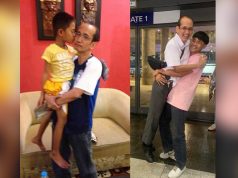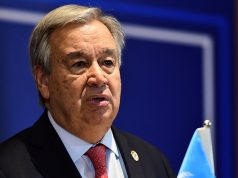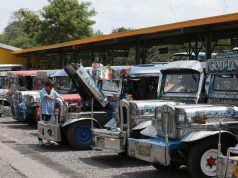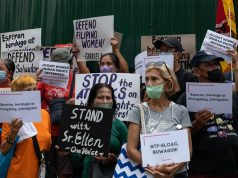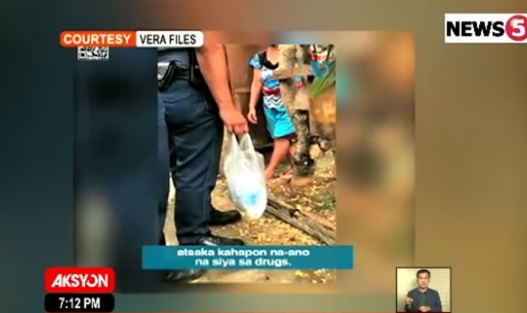
MANILA, Philippines — Human rights lawyers will file a petition seeking to stop what they called the “oppressive house-to-house and even roving drug testing in urban poor communities” by police in Metro Manila even as the chief of the Quezon City Police District claimed some residents themselves asked for the tests.
Chief Superintendent Guillermo Eleazar, in an interview over radio station dzRH, also said the tests had been cleared with the the Quezon City Anti-Drug Abuse Advisory Council chaired by Vice Mayor Joy Belmonte.
The National Union of Peoples’ Lawyers said on Friday, August 25, they will file the petition for prohibition and injunction before the Quezon City Regional Trial Court next week, “receiving reports that the illegal operations continue or are poised to continue in various parts of the metropolis.”
The human rights lawyers’ group asserted that the testing “violates basic constitutional rights of persons and is contrary to law.”
Explaining their operation, Eleazar said in the radio interview: “Gusto kong iklaro na actually hindi po house-to-house drug test ‘yun, actually po ay libreng voluntary drug test sa barangay hall. Bagamat meron tayong isinasagawa talagang house-to-house visitation. During that visitation ay doon pa namin ine-explain, ine-engganyo ng ating kapulisan na mag-undergo sila ng libre at voluntary drug test sa barangay.”
[I want to clarify that it was not house-to-house drug test but a free and voluntary drug test in the barangay hall. We conducted a house-to-house visitation wherein the police explained and encouraged residents to undergo the drug test at the barangay.]
He also claimed that some residents themselves request for the tests to be done in their homes, “kaya namin pinaunlakan (so we obliged).”
This did not appear to jibe with video obtained by independent media group Vera Files, which showed policemen going around Payatas in Quezon City.
The policemen knocked on a house and, on learning the person they were looking to test was not home, told the target’s son to take the test instead. The video also showed the policemen trying to convince an elderly woman at another house to undergo testing.
Although the barangay council said residents approved of the tests, the Commission on Human Rights called out the police, saying they were violating the law and citing Republic Act 9165 or the Comprehensive Dangerous Drugs Act of 2002, which requires the tests to be carried out by “government forensic laboratories or by any of the drug testing laboratories accredited and monitored by the (Department of Health) to safeguard the quality of test results.”
But Eleazar insisted the tests were “voluntary, not compulsory.”
He added that the testing was approved by the Quezon City Anti-Drug Abuse Advisory Council chaired by Vice Mayor Josefina “Joy” Belmonte and insisted “wala ho tayong vina-violate na batas o mga protocol (we are violating no laws or protocols).”
NUPL president Edre Olalia dismissed this, saying: “Under the present context and the sum total of the circumstances, it (testing) cannot be voluntary given the power of the police, the social stigma, the lack of knowledge of what is legal or not, and the ruse that disguises such action. Stripped of trite euphemisms, it is deceptive and coercive.”
In effect, he accused the police of “using people’s lack of awareness of what is legally allowable and what is not to commit illegal acts against them.”
Eleazar said persons who test positive will be made to undergo a drug dependency evaluation facilitated by a physician accredited by the DOH and, depending on the results of, would be directed to attend the city’s anti-drug rehabilitation programs, some of which are community-based.




